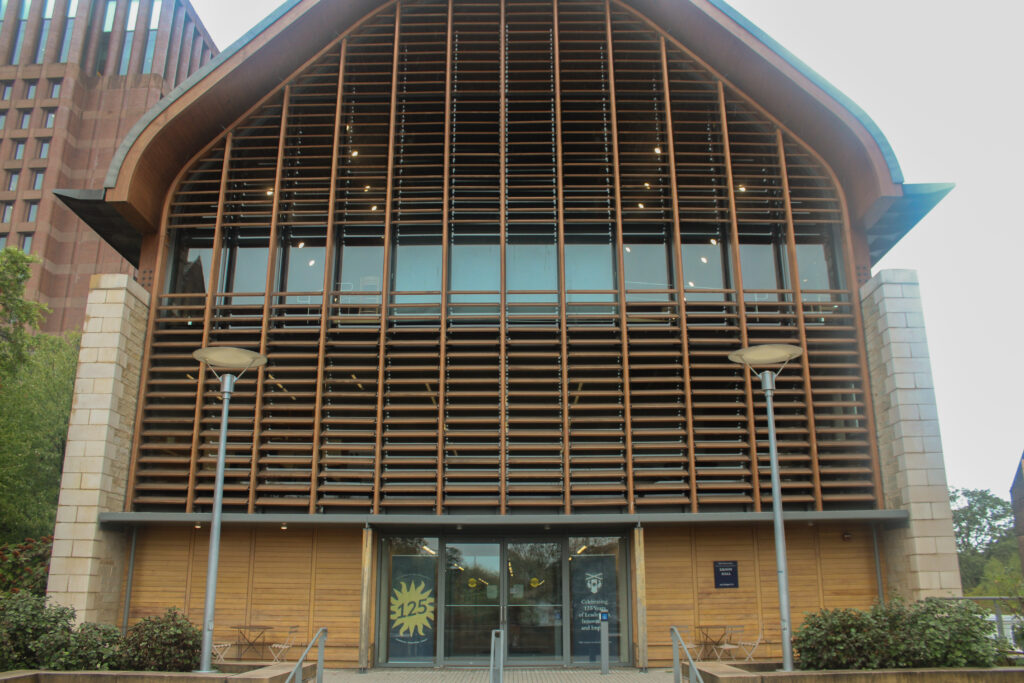
The Yale School of the Environment is set to launch two new one-year graduate programs in August 2024, aimed at professionals seeking advanced education in environmental management and forestry. The Executive Master of Environmental Management (EMEM) and the Executive Master of Forestry (EMF) programs are designed for individuals with at least ten years of experience in their respective fields.
According to Dean Indy Burke, these programs will provide a high-quality educational experience focusing on personalized learning for senior leaders and mid-career professionals. Burke emphasized that the immersive nature of these executive degrees mirrors the traditional two-year programs but is tailored for those already established in their careers.
The EMEM and EMF programs are revivals of Yale’s original one-year Master’s programs that were phased out in favor of longer courses. Mark Ashton, director of Yale Forests and senior associate dean for The Forest School, highlighted the importance of these accelerated programs for experienced professionals.
“Once you are in a job and in the daily routine of work, it is very difficult to take time out and catch up on the tremendous advances in knowledge on the science and management of the environment,” Ashton stated. “Having a one-year period of immersion can be a very refreshing and restoring experience that can advance someone’s career in new ways.”
One of the notable aspects of these new programs is their fully residential structure, allowing students to spend an entire year on Yale’s campus. Kenneth Gillingham, the School of the Environment’s senior associate dean of academic affairs, explained that bringing mid-career environmental leaders into the classroom will enrich the learning environment and foster diverse discussions. He noted that their experiences will provide valuable insights for current students about various career opportunities in the environmental sector.
The programs require participants to have significant professional backgrounds. For instance, the EMF program mandates that applicants possess a degree in forestry, natural resources, or a related environmental field, along with a minimum of ten years of relevant work experience.
Alumnus Agustín Carbó, who graduated from the mid-career residential program in 2012, shared how his time at the School of the Environment shaped his career. After completing 24 credits in just two semesters, he went on to work for the Environmental Protection Agency and later served as the inaugural chairman of the Puerto Rico Energy Bureau.
“This was an amazing experience,” Carbó remarked in an email, expressing a desire to have taken more classes. He appreciated the program’s collaborative atmosphere, which he described as “very tight,” and credited the faculty for providing a comprehensive understanding of environmental and energy-related issues.
Carbó highlighted how his education helped him take a more integrated approach during his tenure as executive director of the Puerto Rico Solid Waste Authority. “There, I was able to have a more integrated approach connecting areas like climate change to resolve important issues of waste management,” he recalled.
These new executive programs at the Yale School of the Environment aim not only to advance individual careers but also to contribute significantly to the field of environmental management and forestry. By prioritizing immersive, hands-on learning experiences for seasoned professionals, Yale continues to position itself as a leader in environmental education.






